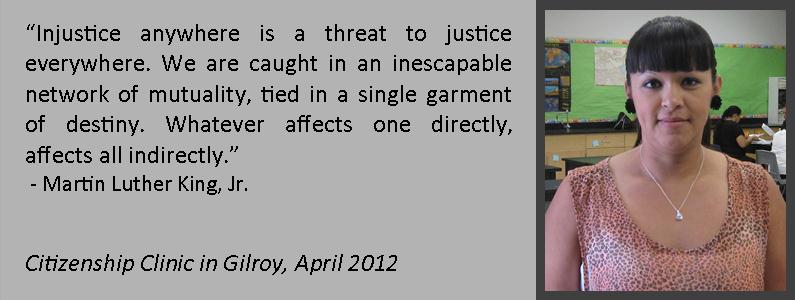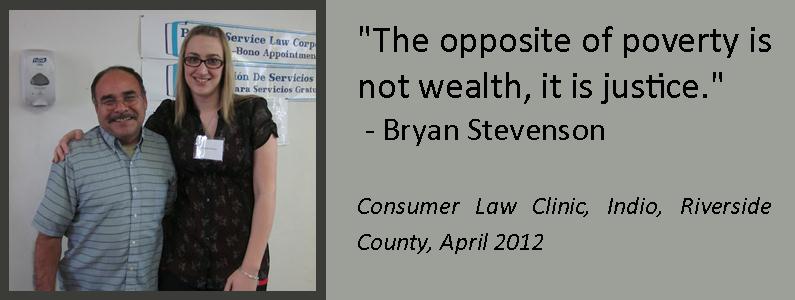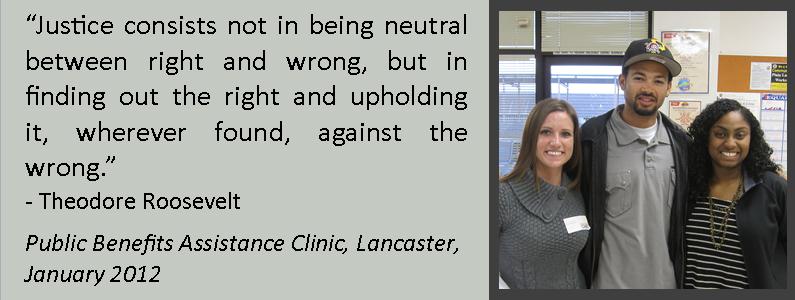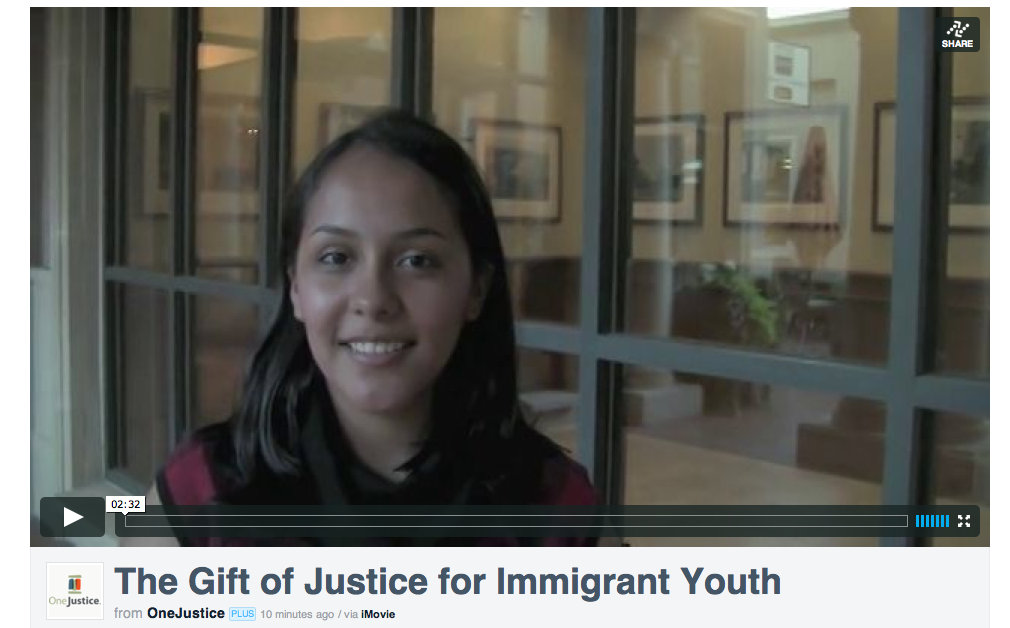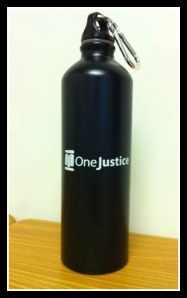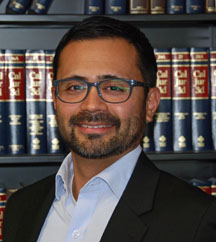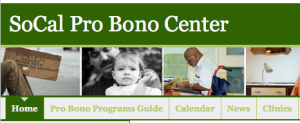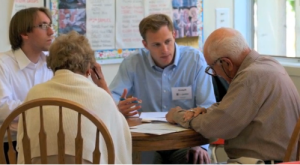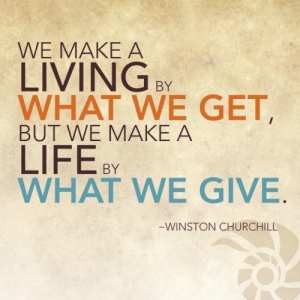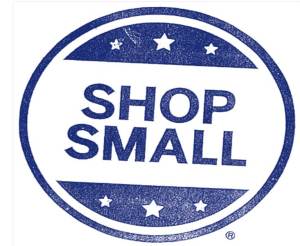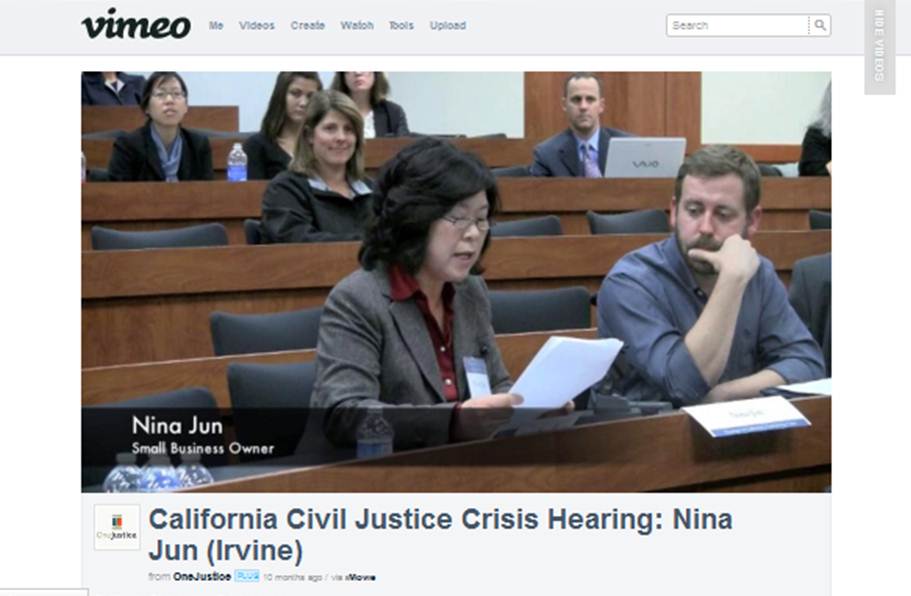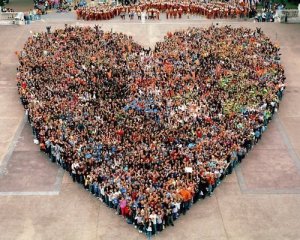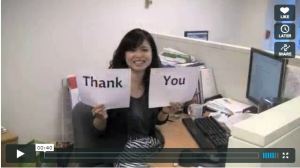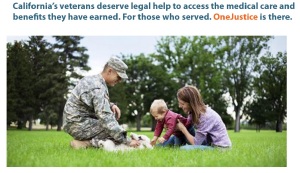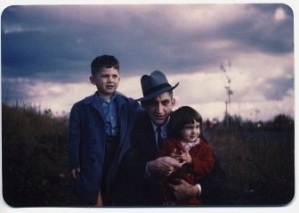When it comes to barriers to legal help in Southern California – “rural” and “isolated” may not look like what you think! I am finding “legal services deserts” closer to home.
When you hear the term “rural” you might picture farms, long and open roads, and orchards as far as the eye can see. You may not necessarily think about how rural Californians lack access to legal help when they are facing pressing legal problems, but that is all too frequently their experience. As documented in the Access Commission’s report on rural access to justice, rural communities face significant barriers in accessing legal help, including fewer nonprofit legal organizations, lack of transportation, inadequate access to technology and law libraries, language barriers, and fewer law firms providing pro bono services. Over the last year, I have learned that there are also many isolated and remote communities that have tremendous barriers to accessing life-changing legal help but that do not fit the traditional image of “rural.” As someone who has grown up in Los Angeles County, I have been shocked to find these communities – which can be a little as 100 miles away from urban centers – with such limited access to legal help.

VIDEO: Click on the image above to view a short video showing the isolated areas that the Justice Bus Project covers.
OneJustice created the Justice Bus® Project in 2007 to bridge the divide between the need for legal help in rural areas and the substantial pro bono resources available only in urban areas of the state. I am proud to be one of OneJustice’s Equal Justice Works AmeriCorps Fellows working to expand this project – and I am the first Fellow to be working out of OneJustice’s new Los Angeles office to grow the Justice Bus Project to bring legal services to isolated communities in Southern California. As I enter the second year of my Fellowship, my primary responsibility is to build new partnerships with legal aid organizations serving rural or isolated communities and then design legal clinics to provide free legal help on the areas of law most needed in those areas. Then I recruit, train and bring groups of law student and attorney volunteers to staff the clinics. These Justice Bus clinics allow the nonprofit legal organizations to provide essential legal assistance to many more clients in a few hours than their limited number of attorneys and resources usually permit.
Born and raised in Los Angeles, I saw first-hand the struggles my parents, immigrants and low-income individuals, faced in the city. The need to help my community was one of my driving forces in college and law school. While in law school at Southwestern, I had the opportunity to participate in the first Justice Bus trip in Southern California. On that first Justice Bus trip, my eyes were opened to the great need and struggles outside the city and the citizens living too far from all the great free legal organizations.
I started working on the Justice Bus Project in the fall of 2011, and as the project has grown in Southern California, I have noticed that the “rural” landscape is different. The project has begun to serve not just traditionally rural but also isolated communities. These communities may appear as developed urban centers but are actually “legal services deserts” – just as isolated and underserved as rural farmlands.

This young dad was able to advocate to get his benefits for his family with the help of the two law students from Southwestern Law School during a 2012 Justice Bus Trip to Lancaster.
Lancaster, located 70 miles from downtown in the northern part of Los Angeles County, is one such community. The city has a population of 156,633 and over 20% of its population lives in poverty. While at first glance it looks like a traditional suburban center with brand new apartments, track homes, and big box stores, the reality is that Lancaster is a desert suburbia in the middle of seemingly nowhere. While there are over 15 legal aid organizations serving Los Angeles County, none are physically located in Lancaster. Many of the legal aid organizations in Los Angeles struggle to make their services available to Lancaster residents and are eager to partner with OneJustice to use the Justice Bus model to expand their reach.
Another region with tremendous need is the Coachella Valley in Riverside County. For some, Coachella may invoke images of a wealthy desert community of retirees and casinos — but many residents face the same barriers to legal services as traditional rural communities. The Coachella Valley has a population of about 76,036 with 19.7% of its population living below the poverty line and a 15% unemployment rate. While the Coachella Valley is fortunate to have legal aid organizations like Inland Counties Legal Services and California Rural Legal Assistance, these agencies have limited resources and do not have local law schools or large law firms from which to recruit volunteers. The Justice Bus has traveled to Indio – which is over 75 miles from Riverside and over 125 miles from Los Angeles. With a population of just over 76,000, the median income for a family living in Indio is roughly $35,000. About 16.8% of families and 21.5% of the population live below the federal poverty line, including 28.2% of those under age 18 and 12.0% of those age 65 or over.
As I have been expanding the Justice Bus Project to address the needs in communities like Lancaster and the Coachella Valley, I have been struck by the intense need for legal help in these areas. As a mother at a clinic on special education in Lancaster said to us,
“I have been struggling to find way to help my daughter for the last 3 years, with no results. I have been so frustrated, I don’t have the resources to hire private help. I got more useful information here today than in the last 3 years. The attorney is going to help me help my daughter. I finally feel like she has some hope, all I could imagine was a suicidal teenager in her future. Now, someone who cares is going to help…light at the end of the tunnel. We shall fight on!”
And another client told us at a Justice Bus trip to the local public benefits agency in Lancaster, “Today I came into the county building and was late to my appointment, because my grandfather is sick in the hospital and my family is by his side. So I had no one to take me. I walked here from Rosamond, California about twelve miles away just to make it here. I thought my case was going to be canceled when the law students did everything they could to help me. They were very great and a big help and I wouldn’t have been able to get everything done without them.”

During a Justice Bus trip to the Coachella Valley, law students provided advice to this Indio resident on consumer debt issues under the supervision of an attorney from Inland County Legal Services.
I knew in the abstract that these isolated Californians were facing terrible barriers to justice – but hearing it from them first-hand has made me even more committed to continuing to expand the Justice Bus Project in Southern California.
Recently we learned of a new unmet need for help from the Justice Bus: low-income seniors in Lancaster. As I began working with the senior center in Lancaster to set up the logistics for a new clinic, to be done in partnership with Bet Tzedek Legal Services, I was shocked to learn that there were 90 senior citizens on a waiting list for legal help – and some of them had been waiting for as long as a year. Just last week, we traveled to the senior center with attorneys from Bet Tzedek and law student volunteers from Southwestern Law School. I am proud that in one clinic with just 6 law student volunteers and 2 supervising attorneys from Bet Tzedek, we were able to serve 22 seniors – and yet, I know that there is much work left to be done. I will be working to meet these needs during the second year of my Fellowship, and we can use your help! If you might be interested in traveling on a Justice Bus trip to provide free legal help to low-income seniors, families with children with special needs, veterans, and residents of these isolated areas and others, I would welcome the opportunity to partner with you to remove the barriers to justice they face. Thank you!
______________________________________

Cynthia Luna is one of OneJustice’s Equal Justice Works AmeriCorps Fellows.
Cynthia Luna is one of OneJustice’s Equal Justice Works AmeriCorps Legal Fellows, and she is responsible for coordinating Justice Bus Project in Southern California. Born, raised, and educated in Los Angeles, she is a first generation Salvadorean-American who saw the struggles of migrants and working class people in Los Angeles. While at Southwestern Law School, Cynthia spent much of her time externing and volunteering at several legal non profits in Los Angeles. Her goal has always been to pursue a career in public interest. Cynthia notes that she loves leading on the Justice Bus Project in Southern California, as it has allowed her to learn about and address the needs of low-income individuals in underserved rural and isolated areas.
If you are interested in having your law school, firm, or in-house legal department participate in a Southern California Justice Bus Trip, please email Cynthia at cluna@one-justice.org.
